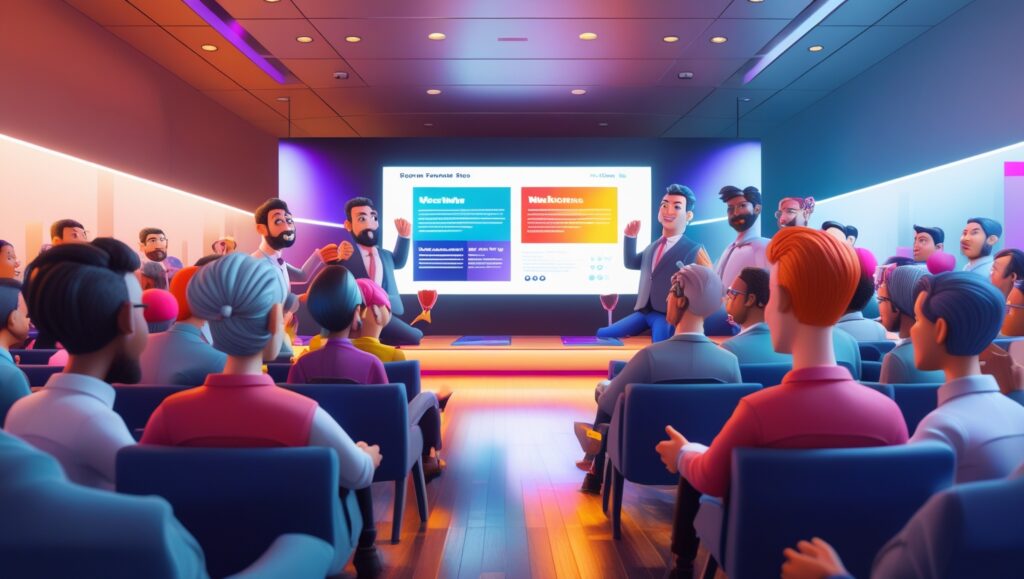What lessons can the past teach us about today’s global challenges? A History Conference brings together scholars, students, researchers, and history enthusiasts to answer that question. These conferences are more than academic events—they are platforms for exploring historical narratives, uncovering cultural insights, and fostering dialogue across generations.
From ancient civilizations to modern politics, history conferences allow participants to deepen their knowledge, connect with experts, and discover how historical research informs contemporary issues. Within the first 100 words, it’s clear that a history conference is a gateway to both learning and collaboration.
The Importance of History Conferences
History is the story of humanity, and conferences ensure those stories continue to be told, studied, and debated.
- Knowledge Sharing: Scholars present research on topics from archaeology to world wars.
- Networking: Participants connect with fellow historians, educators, and students.
- Interdisciplinary Insights: History often intersects with anthropology, political science, and cultural studies.
- Preservation of Heritage: Conferences highlight the importance of protecting and interpreting historical sites and records.
In a rapidly changing world, history conferences remind us of the importance of learning from the past.
Types of History Conferences
Because history is such a wide field, conferences are often categorized into themes:
1. Academic History Conferences
Focused on research presentations, debates, and new historical methodologies.
2. Cultural and Social History Conferences
Explore traditions, identities, and social movements across regions and time periods.
3. Political and Economic History Conferences
Examine revolutions, governance, trade, and economic systems that shaped civilizations.
4. Military and War History Conferences
Discuss strategies, impacts, and lessons from global conflicts and peace movements.
5. Public and Digital History Conferences
Highlight museum studies, heritage preservation, and the role of technology in sharing history.
Benefits of Attending a History Conference
Attending a History Conference offers value far beyond listening to lectures.
- Academic Growth – Gain exposure to the latest historical research and theories.
- Professional Networking – Meet historians, authors, and educators worldwide.
- Career Development – Presenting research strengthens academic and professional credibility.
- Hands-On Learning – Participate in workshops on archival research, heritage conservation, and digital tools.
- Global Perspectives – Understand diverse historical viewpoints and narratives.
Emerging Trends in History Conferences 2025
As we move further into the digital age, history conferences are evolving. Key trends include:
- Digital History: Use of AI, VR, and digital archives to make history accessible.
- Global Perspectives: Shifting focus from Eurocentric history to inclusive global narratives.
- Heritage Preservation: Exploring sustainable methods for protecting artifacts and cultural heritage.
- History and Climate Change: Studying how past societies adapted to environmental challenges.
- Hybrid Formats: Many conferences now offer online and in-person access for greater inclusivity.
How to Maximize Your History Conference Experience
Making the most of a history conference requires preparation. Here’s how:
- Plan Ahead: Review the agenda and select sessions aligned with your research or interests.
- Engage Fully: Ask questions, join panel discussions, and participate actively.
- Document Key Takeaways: Take notes for future projects and collaborations.
- Present Your Work: Submit a paper, poster, or case study to showcase your expertise.
- Follow Up: Stay connected with peers, mentors, and collaborators after the event.
Notable Upcoming History Conferences in 2025
Here are some leading global history conferences to consider:
- American Historical Association (AHA) Annual Meeting – One of the most prominent gatherings for historians worldwide.
- World History Association (WHA) Conference – Focused on global connections and comparative history.
- International Conference on History and Heritage – Dedicated to cultural heritage and historical preservation.
- Regional and University Conferences – Perfect for students and emerging historians.
FAQs About History Conferences
Q1: Who can attend a history conference?
Anyone with an interest in history—students, educators, researchers, and enthusiasts—can attend.
Q2: Do I need to present research to participate?
No. Many attend to learn, explore, and network without presenting.
Q3: Are there online history conferences?
Yes. Many events now offer virtual or hybrid options to make participation easier worldwide.
Q4: What topics are usually covered?
Themes may include ancient civilizations, political history, cultural heritage, war studies, and digital history.
Q5: How can I find upcoming history conferences?
Websites like ConferencesDaily provide regularly updated listings of global events.
Conclusion: Learning from the Past, Building for the Future
A History Conference is more than an academic event—it’s a journey through the past that helps us understand today and shape tomorrow. Whether you’re a student, researcher, or history enthusiast, attending one offers valuable knowledge, connections, and opportunities for growth.
👉 Have an event to share? Submit your history conference here and connect with a global audience today!















